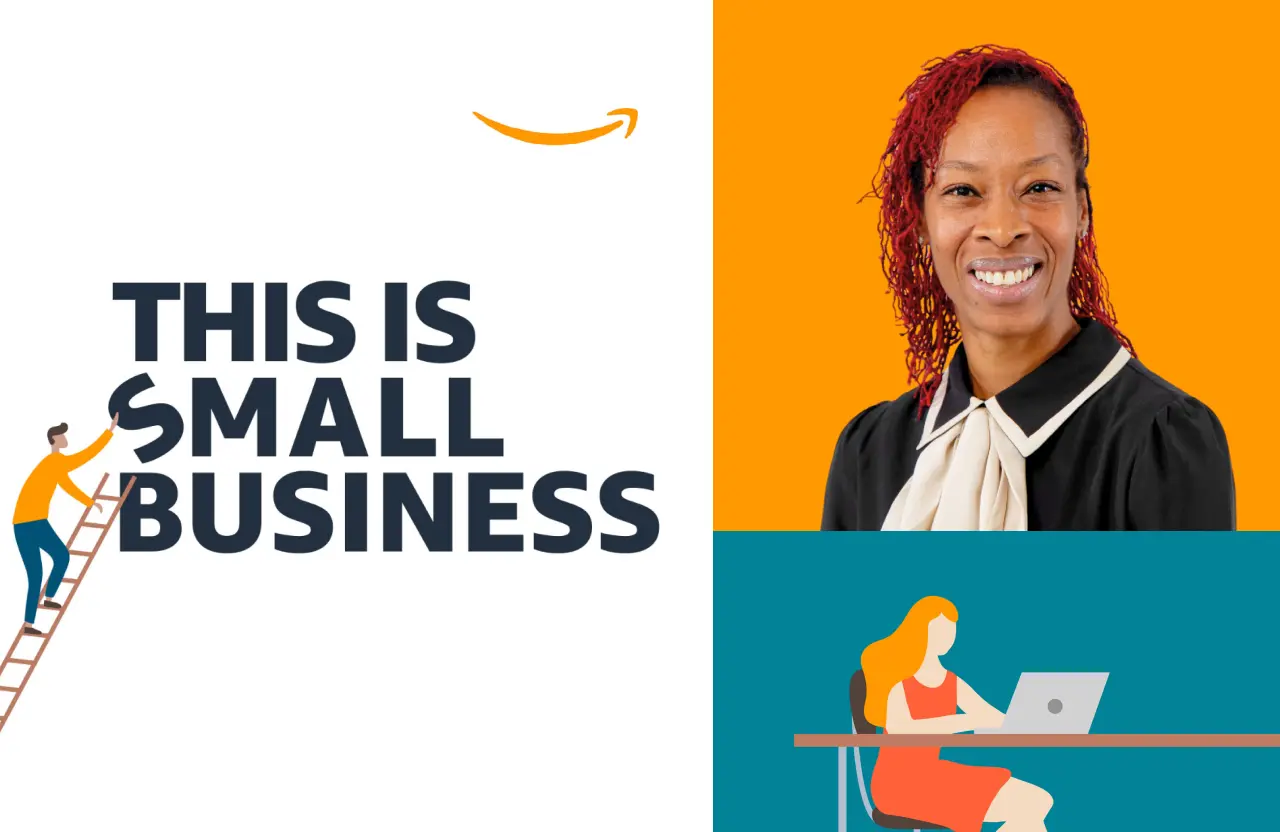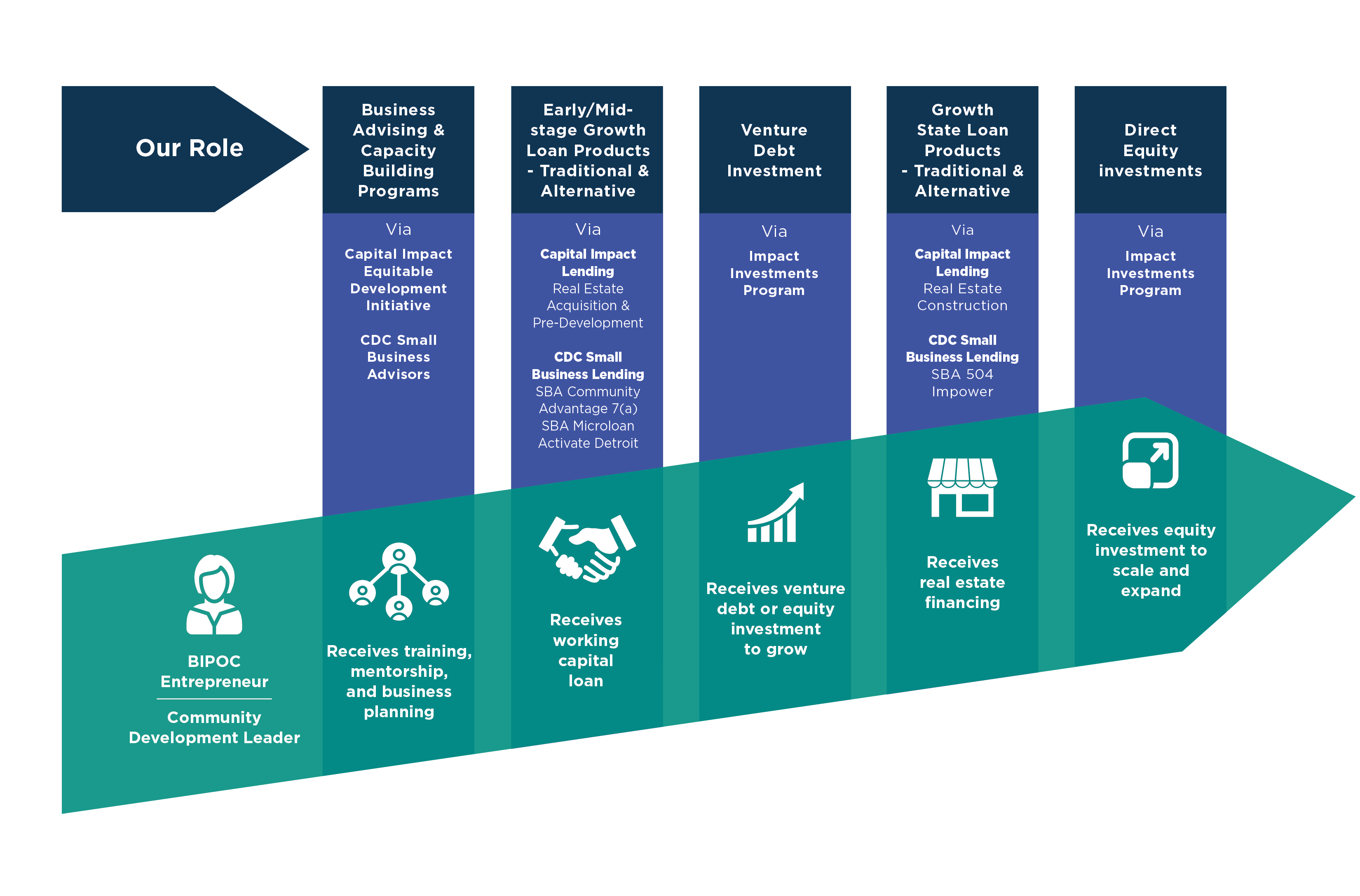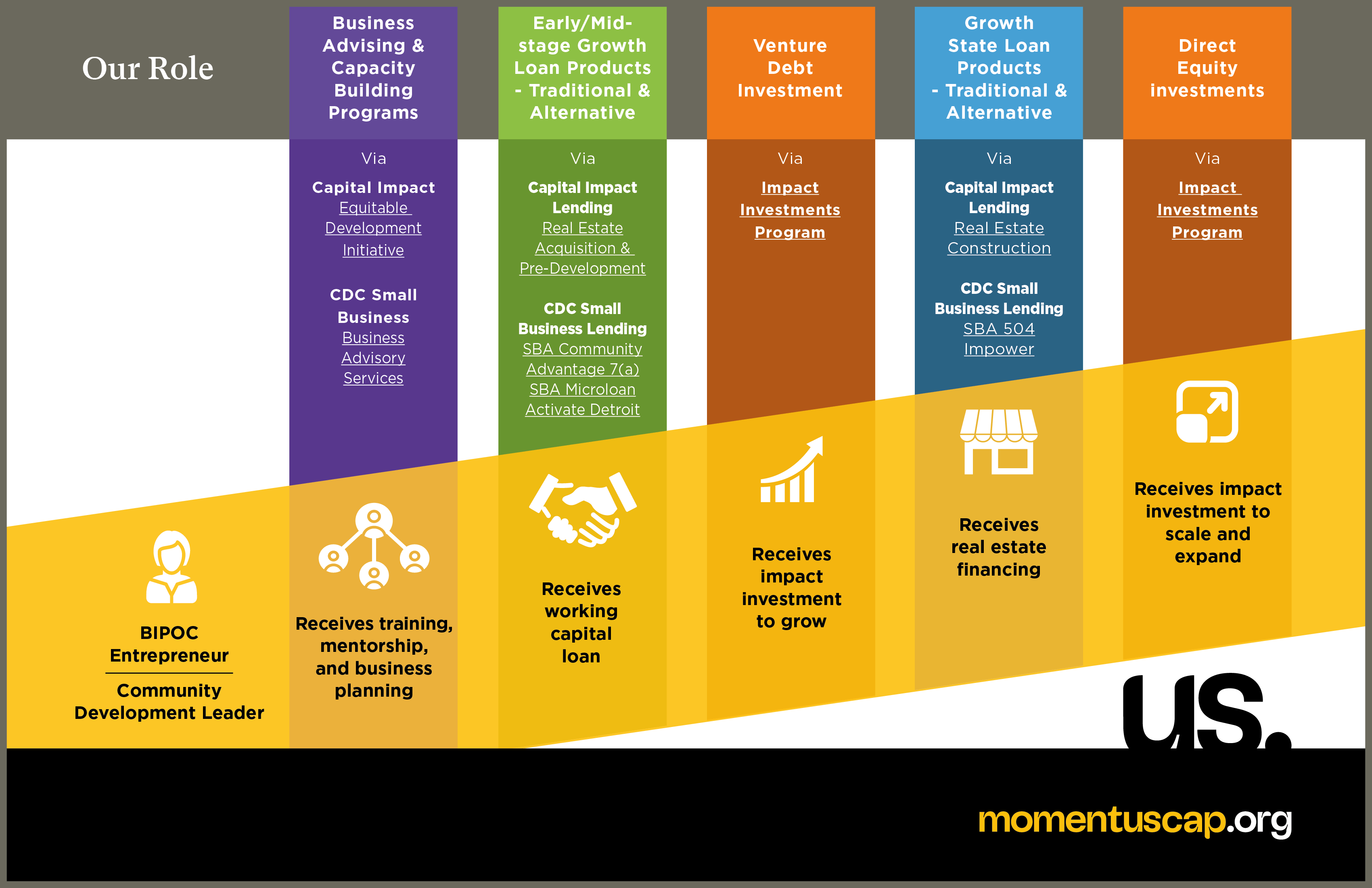
Buying Your Way Into Entrepreneurship: What You Need to Know
This blog post on buying a business versus starting a business was originally published on Bplans.com, a free service that helps entrepreneurs create effective business plans and fundraising pitches that appeal to investors and bankers. CDC Small Business Finance proudly offers the company’s LivePlan tool to our borrower clients.
Entrepreneurship. Startup. These are buzzwords for many Americans that aspire to start a business of their own — and there are indeed many.
In fact, the 2016 Kaufman Index on Startup Activity reported that 550,000 new businesses are started every month in America.
The trend shows no signs of slowing, but the traditional path to accomplishing the entrepreneurial dream is beginning to shift. These days, an increasing number of would-be entrepreneurs are buying their way into business ownership, opting to buy an existing business rather than build from the ground up.
And it’s no wonder. Buying a business can be an appealing option and mitigate many of the risks of growing your own when it comes to launching a business.
Related: Visit the ‘Learn’ Hub: Your One-Stop Shop for Business Loan Advice from the Pros
Sticking your neck out to secure the startup capital, hiring the right employees and establishing cash flow are just a few of the risks that send would-be entrepreneurs running away from the idea of starting their own business.
Buying a business, on the other hand, comes with the potential benefit of instant growth and the ability to avoid the initial growing pains that often plague startups. Furthermore, taking the reins of an established and stable business can offer more personal freedom as opposed to the seemingly never-ending time and personal commitment that starting from scratch typically requires.
“There are a lot of people who consider themselves fixers and developers,” said Columbia Business School Adjunct Professor Timothy Bovard, who teaches Entrepreneurship Through Acquisition said in an article on the school’s site.
“You can also be an entrepreneur by acquiring someone else’s company and making it better — growing sales and increasing profitability — as an equity-owning CEO,” he added. “And the financial returns can be very appealing.”
Should you buy a business vs building it from scratch?
If you’re looking to buy a business, what do you need to know?
Here are some of the things you’ll want to consider before jumping into the role of business owner and operator.
What type of business do you want to own?
Narrowing down the type of business you want to acquire is the first step. But identifying the business you think you want to be in doesn’t necessarily mean it will be a good fit for you. It’s important to be realistic and honest with yourself about the personal attributes, strengths and weaknesses you bring to the table. You can even do a SWOT analysis on yourself to identify those if you have trouble identifying them at first.
First and foremost, running any type of business will require the ability to manage others, make decisions, and possess an understanding of finances and what makes a business profitable.
Once you’ve narrowed down your industry focus, you’ll need to identify the best places to look for potential opportunities and how to vet them. There will likely be no shortage of prospects, so you’ll need to know ahead of time how you’re going to compare and contrast them.
One effective way to do this is by asking the current business owner for their business plan if one exists. Developing a one-page business plan of your own for each of the businesses you’re considering can be an effective vetting tool as well. This will help you nail down your ideas for operating the business, including what competitive advantage you’ll bring to the market and what your management team will look like.
Related: 6 Dos and Don’ts of Crafting a Business Plan
It’s also a good idea to seek personal and professional referrals, ask the advice of business brokers, or do your own personal outreach. This will help you hone in on the best and most lucrative options.
When evaluating specific businesses, it’s a good idea to consider these important factors:
- Is the business established and is there an existing customer/client base?
- Is the business profitable with healthy revenues and cash flow?
- Are the ownership and business demands a good fit for your lifestyle?
If these three criteria aren’t in place, you may not end up reaping the benefits you envisioned.
For example, if the demands aren’t a good fit for your lifestyle and the job requires more hours and effort than you have to devote, maybe it’s not a good fit. Conversely, you may realize that the benefits of making more sacrifices in terms of personal time and commitment will be well worth it in the long run.
Are you ready to learn and devote adequate time?
During your search for the perfect entrepreneurial opportunity, you’ll have to quickly learn about unfamiliar companies and industries and make sure you do some preliminary market analysis. Even when you’ve narrowed your search, you’ll have to learn about the specific company or companies that make your list.
In your role as CEO, you’ll need to develop expertise in many areas of the business. You’ll have to seek knowledge and recognize what areas you need to dive deeper into in order to learn more. You’ll also need to recognize professional weaknesses in order to quickly hire positions to bolster those areas where you may be lacking.
A thorough search can take a few months and up to several years. In addition to the time required to learn about your industry and narrow your pool of companies, it will take significant time to find investors and raise funds, or to secure self-financing. Don’t rush into a decision or let emotion or the desire to fulfill an entrepreneurial dream force you into buying a business that isn’t a good fit.
Once all of the above is in place, it can take another couple of months to hire the necessary legal and tax professionals and perform the due diligence necessary before signing on the dotted line.
For more Bplans and their products, visit their website.
CDC Small Business Finance is a champion of all entrepreneurs in any stage, particularly women, veterans and minorities. We offer several loan options for business owners who want to grow their operations and are planning for their long-term needs.
Tell our loan experts about your business, and they’ll work to match you with a financing plan that best suits you. Let’s talk! Reach us at loaninfo@cdcloans.com or (619) 243-8667.
In case you missed it:









